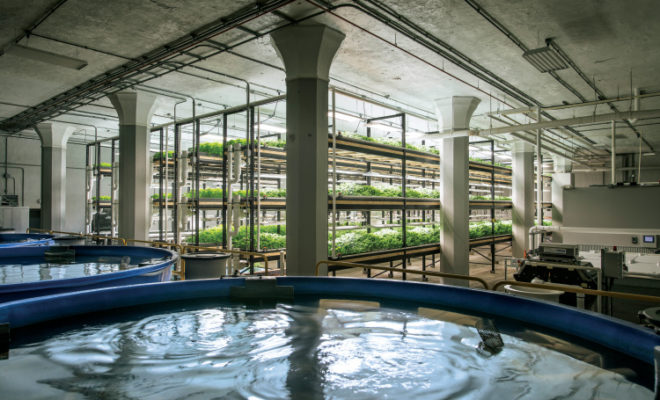Minnesota Companies Work to Preserve the World’s Water Resources
Minnesota companies provide solutions to preserve the world's water resources

Land of 10,000 Lakes” may not be the official nickname of Minnesota, but it’s certainly appropriate. In fact, it’s an understatement, as there are about 12,000 lakes within the state’s borders.
“We have a lot of experience looking after our abundant water resources
and have become very good at it,” says Steve Riedel, an international trade representative at the Department
of Employment and Economic Development’s Minnesota Trade Office.
Riedel is also a water industry specialist who co-organizes an annual water technology business summit in Minnesota.
Learn more about innovation in Minnesota
But abundance is merely one reason why Minnesota – home to more than 1,000 water-based businesses that collectively employ 13,500 workers –
has become a world leader in clean water technology. The state’s concentration
of water-intensive industries, including food production, agriculture and biotech, provide extra incentive to develop technologies that treat, save and optimize the use of water. Expertise and technologies developed in Minnesota are having a global impact, and at the same time growing a sector of the economy that seems destined to become increasingly important in the decades to come.
Water Technology Hub
If there’s one thing major water technology companies have in common, it’s their emphasis on identifying the challenges faced by their customers and then developing solutions to meet those challenges. Consider Pentair, which provides water purification, desalination and delivery technologies, and employs 1,800 people in Minnesota.
“What drives us is knowing our customers and finding ways we can relieve the pressures they face, whether it’s a scarcity challenge or figuring out ways we can recycle water or finding ways we can improve the purity of the water,” says Dr. Phil Rolchigo, Pentair’s vice president of technology. “Energy efficiency is a major focus too, as is the net total cost of ownership, because at the end of the day we want to deliver clean, safe water at economical prices.”
Pentair is a big player in the food service industry and has developed technologies to treat and purify water, while also tailoring water’s composition so it can taste almost the same anyplace in the world. It’s an appealing prospect for, say, an international coffee chain that wants to make sure its coffee and tea tastes the same in Shanghai as it does in New York City.
Another compelling Pentair initiative marries aquaculture (raising fish) and hydroponics (growing plants in water) to create a solution called aquaponics, which is allowing the company and its partner (Urban Organics) to farm tilapia and grow produce in an indoor urban environment. It’s an initiative that could one day have a big impact in terms of supplying urban communities with food.
At Ecolab, a global leader in water, hygiene and energy technologies, solving customer challenges is also a catalyst for driving innovation.
“We touch a broad array of industries, so one of the big advantages we have is that a path to innovation can happen quickly because we have a lot of opportunities to leverage technologies from one industry to another,” says Terry Gallagher, the company’s senior vice president and general manager.
Ecolab has also helps businesses assess water-related risks in financial terms. Its financial modeling tool, the Water Risk Monetizer, developed in conjunction with Trucost, helps customers assess water risk for availability and monetary impact.
“Users can do modeling in terms of risk mitigation and capital investment to decide where it would make the most economic sense to put their next plant,” Gallagher says.
H2O and IoT
The water technology industry is seeing increasing demand for products and services that can help reduce water usage, particularly in agriculture.
Here’s why millennials like Minnesota
“The use of Internet of Things (IoT) technologies and devices that monitor soil, weather and crop health are being used to optimize the delivery of water and the irrigation of crops,” Riedel says, noting that it’s a Minnesota-based company that has developed technologies to help reduce the amount of water necessary to grow almonds — a tangible benefit to the California almond industry.
Water technology companies are working hard to get consumers to recognize that water is a scarce, precious resource and that wastewater can be a potential asset.
“People have been conditioned to think of wastewater as a waste — that we need to treat it and then let Mother Nature deal with it,” concludes Dr. Rolchigo. “But now we can take pretty much any wastewater and make it potable and re-usable. We need to educate people that the technology is safe, reliable and has a huge environmental and cost impact that is beneficial to society.”
